Brief Encounters: Easier Relationships with Emotionally Vulnerable Patients
$11.57
Description
Being in hospital is always a difficult time for patients. However, for some it can also be very distressing and emotionally traumatic. It can be hard for staff in general/acute hospitals to know what to say – what is the ‘correct thing’, how to behave, how to help relatives and also how to help yourself so you don’t go home and worry about your patients. We’ve called this guide Brief Encounters as this captures the intense and necessarily swift interactions ward staff have with patients continuously through a shift. Brief Encounters looks at how relationships between staff and emotionally vulnerable patients are nurtured through ‘caring conversation’. It’s informed by the evidence of the recovery power of conversation to help people with mental illness or in extreme distress where there is no actual diagnosed mental illness. There is considerable research showing how expressing themselves and being heard in a particular way enables patients to access thoughts, feelings and experiences and to gain new perspectives on these – even when stuck in a general hospital. This then helps them to have a greater understanding of themselves, their situation, their illness, its treatment and the recovery process. The magical thing is that even a simple, sociable conversation can have a profound impact on someone who is in a bad emotional state. It can also increase ‘relational security’ – having someone to relate to emotionally increases feelings of safety, and therefore someone is more likely to stay on the ward and participate in their treatment.
Author: Bray, Dr Joy, Author: Janner, Marion
Topic: Psychology
Media: Book
ISBN: 1548820687
Language: English
Pages: 88
Additional information
| Weight | 0.5 lbs |
|---|---|
| Dimensions | 11.02 × 8.5 × 0.18 in |


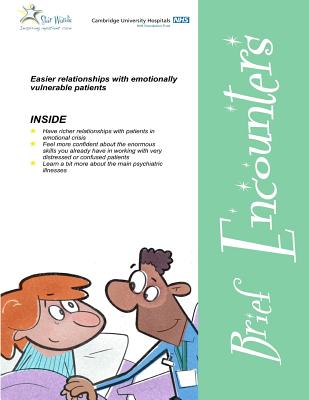


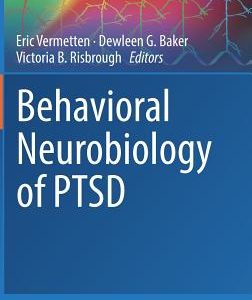

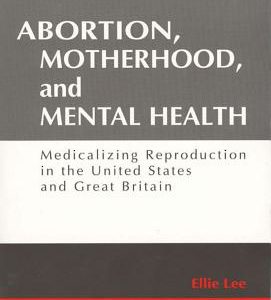
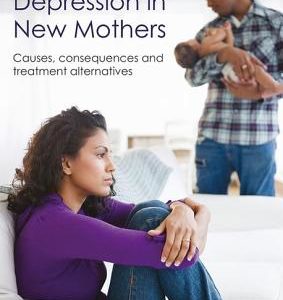
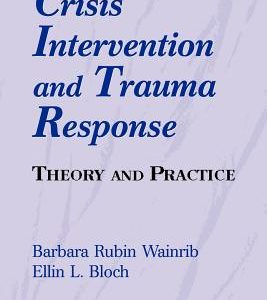


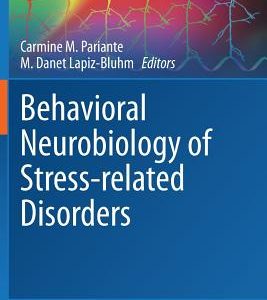
Reviews
There are no reviews yet.